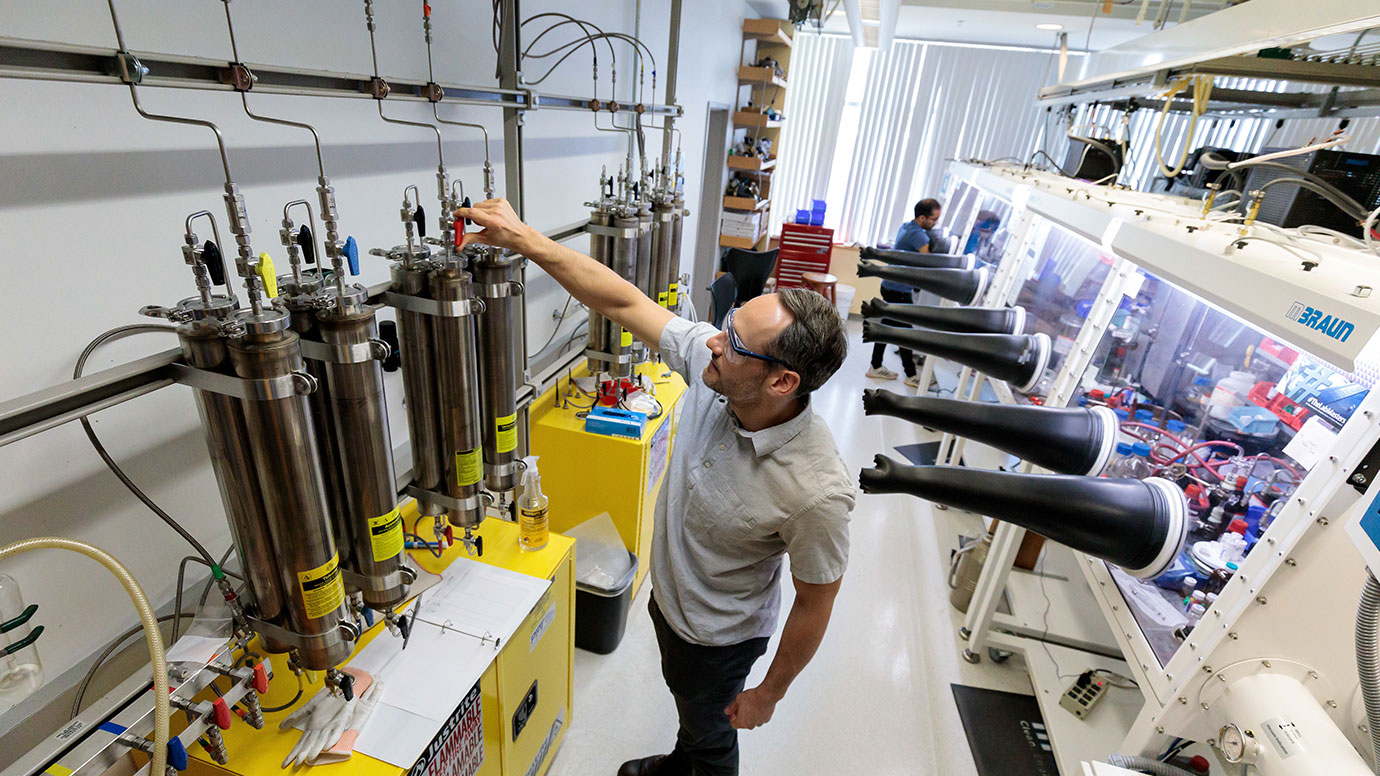- Joined
- Feb 17, 2013
- Messages
- 4,406
"like conductive Pla-doh," according to this article:

 news.uchicago.edu
news.uchicago.edu

University of Chicago scientists discover material that can be made like a plastic but conducts like metal
‘Like conductive Play-Doh’: breakthrough could point way to new class of materials for electronics, devices

